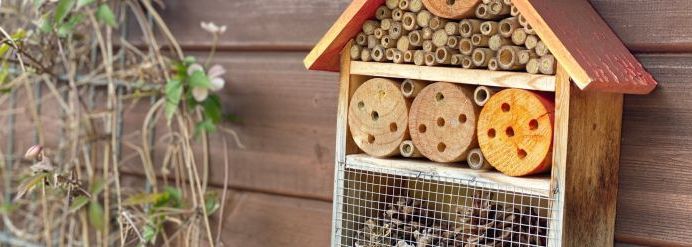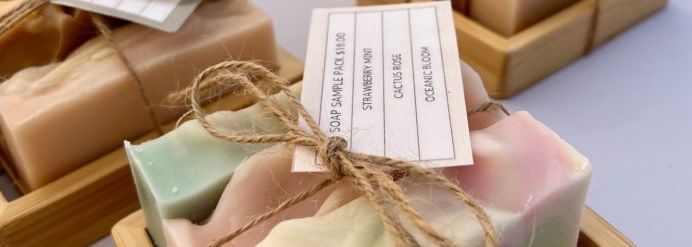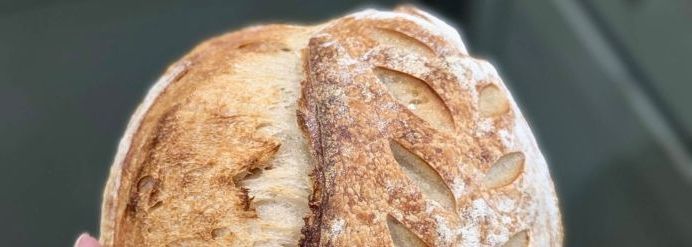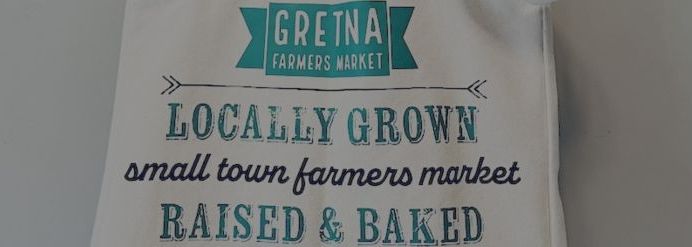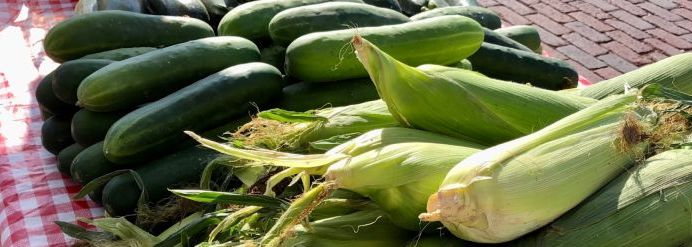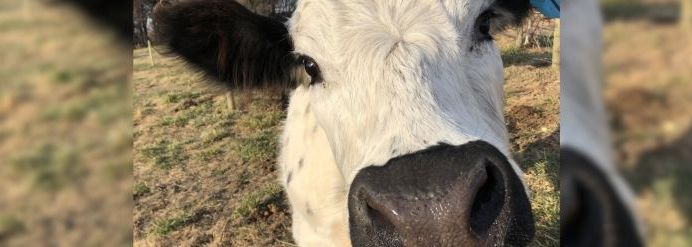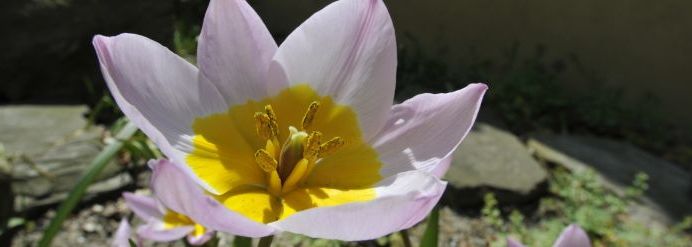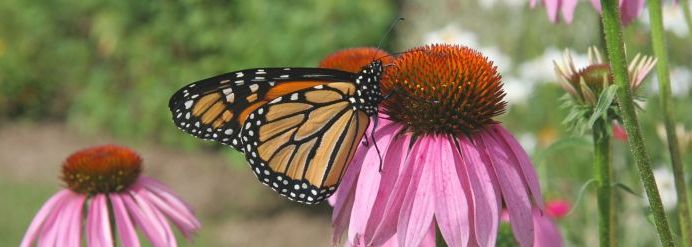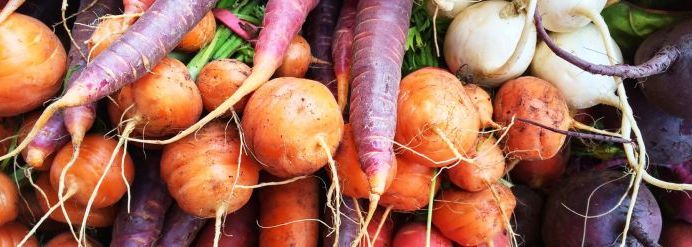Pollinators like bees, butterflies, and other insects are essential to our ecosystem. They play a crucial role in plant reproduction and are responsible for pollinating many of the foods we eat. While we often associate their activity with spring and summer, pollinators still need support during the winter months to ensure their survival and readiness for the next growing season. Here are some practical ways to help pollinators thrive through the colder months in Gretna, Nebraska!
Provide winter shelter
Many pollinators hibernate or go dormant during winter and need safe spaces to stay warm and protected. You can leave natural debris, install bee hotels, and protect butterfly habitats. More below:
Leave natural debris
Avoid completely clearing your garden in the fall. Dead leaves, logs, and hollow stems shelter bees and other insects.
Install bee hotels
Mason bee houses or similar structures offer a safe place for solitary bees to overwinter. Make sure they are placed in a dry, sheltered spot.
Protect butterfly habitats
Butterflies often seek shelter in tree bark, leaf piles, or woodpiles. Keeping these natural materials in your yard can help.
Plant pollinator-friendly winter vegetation
Even in winter, some plants can provide sustenance for pollinators. Consider adding these to your garden:
Evergreens
Plants like holly and ivy offer nectar for specific pollinators that remain active during mild winter days.
Winter-blooming flowers
Hellebores, winter heather, and witch hazel can provide vital nectar and pollen when other plants are dormant.
Native plants
Focus on species native to your region, as they are better suited to local pollinators’ needs.
Avoid chemicals
Pesticides, herbicides, and fungicides can harm pollinators, even during their dormant stages. If you must use chemicals, choose pollinator-safe options and apply them carefully to avoid contaminating nesting sites. Ideally, adopt organic practices to maintain a pollinator-friendly yard.
Offer water sources
Pollinators need water even in winter, especially during periods of milder weather. Provide shallow water sources with small stones or floating materials so insects can safely drink without risk of drowning. Check these water sources regularly to ensure they aren’t frozen over.
Plan for spring
Use the winter months to prepare your garden for a pollinator-friendly spring.
Plant a diverse garden
Include a mix of flowering plants that bloom at different times of the year to provide a continuous food source.
Add native trees and shrubs
These can serve as both food and shelter for pollinators.
Educate yourself
Learn about the specific pollinators in your area and how to support their unique needs best.
How you can help in Gretna, Nebraska
By taking simple steps to support pollinators during the winter, you’re contributing to the health of your local ecosystem in Gretna, Nebraska, ensuring these vital creatures are ready to thrive in the spring.




